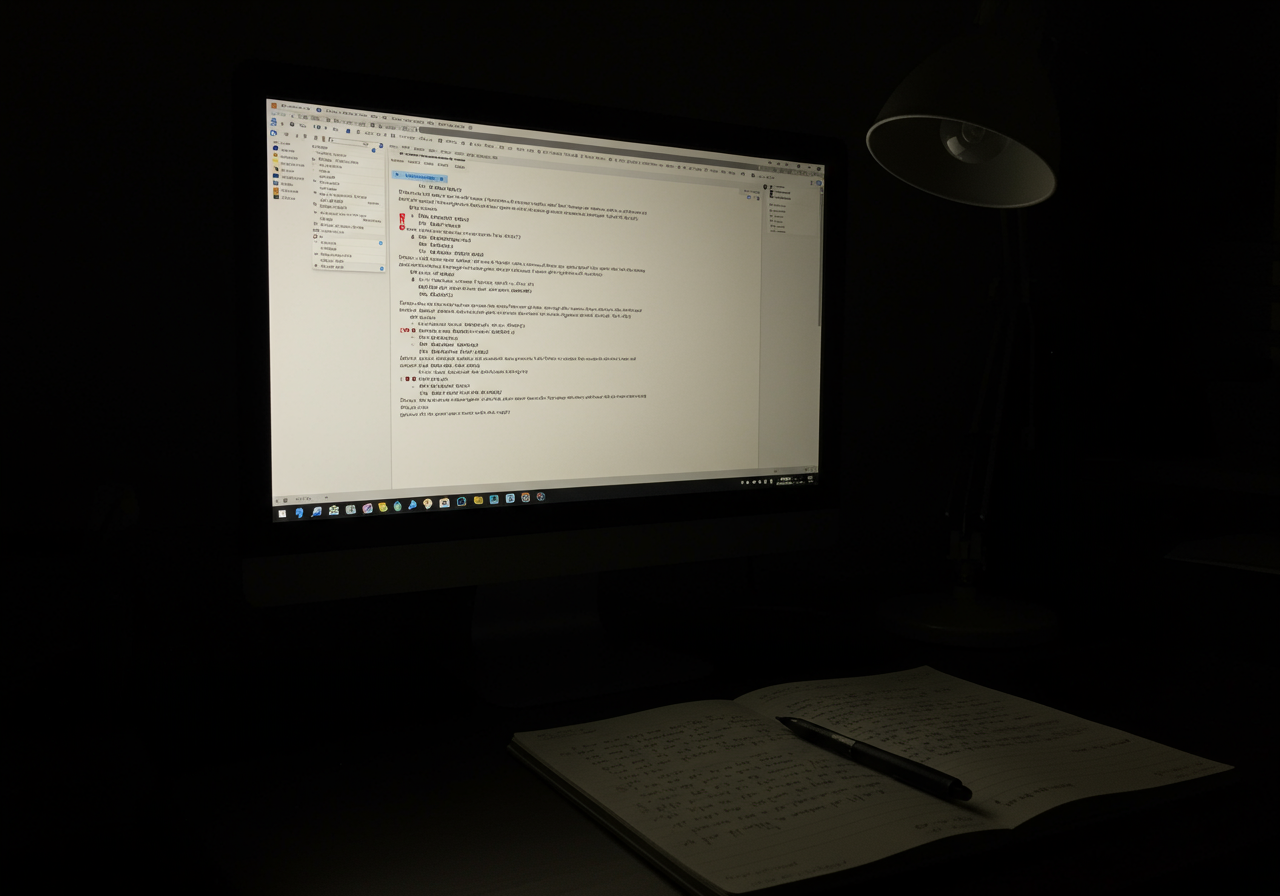Writing with AI

It's a strange experience to find your own words in someone else's voice. Or perhaps your own voice in someone else's words.
This is me, but not me; not me, but me. "That's funny," I can imagine my toddler saying about that. "What did you say, Mummy?" And then he'd make me repeat it, enjoying the strangeness.
What even is AI?
Maybe, it's our collective unconscious, brought into being in a way we didn't expect. Not so much dreams and myths as machines learning to tell stories.
What does it mean when an artificial mind finds the same connections you would, traces the same paths through narrative worlds? Is it okay to follow another? Even if you're meant to be in charge?
Writing with AI feels like a dance between leading and following, between finding and being found. Some worry that artificial voices might replace human ones. I've struggled here with the importance of making sure this increases rather than decreases my self-efficacy and writing practice.
However, I choose to write this way because I'm curious about these spaces between - between teller and told, between memory and machine, between what we mean and what we say. Each piece becomes a kind of question: What happens when we let another mind into our storytelling?
Here in the Night Wing, we're already interested in those spaces where stories blur their edges. Working with AI feels like another way of exploring that territory - another way of asking what lives in the shadows between one voice and another. What do we know and what are we about to discover?
You might wonder, reading this, where one voice ends and another begins. How much is truly mine? It's a bit like trying to trace the origin of a story you know by heart - did you read it somewhere? Dream it? Or did someone tell it to you on a long-ago afternoon when the light was just so?
I could say "I guide the ideas, shape the narrative, choose what remains." But is that too neat? Is it true? Sometimes I write a line that feels entirely mine. Sometimes I read one that does. More and more often the AI suggests a connection so perfectly aligned with my thoughts that I have to ask - did it read my mind, or did it help me read my own? (I know the truth though - that I have, at least in part, taught it to mirror me so persuasively.)
And what I do know is this: every piece begins with a question I'm genuinely asking. Every pattern emerges from something I'm truly trying to understand. The AI doesn't generate these wonderings - it helps me explore them, like having a particularly attentive reader or collaborator peering over my shoulder, pointing out things I half-noticed but hadn't fully seen.
Perhaps authorship isn't the clean, clear thing we once thought it was. After all, every writer is in conversation with all they've read, all they've seen, all they've absorbed. We're all drawing from some collective well of words and images. The AI perhaps makes this process more visible, more immediate. It turns that ghostly (I misread this word as "ghastly") crowd of influences into a more tangible presence.
What matters, I think, is not whether every word is "mine" but whether each piece opens real questions, traces authentic patterns, creates accessible spaces for wonder.
That's what I'm trying to do here in the Night Wing, with whatever tools help me do it best.